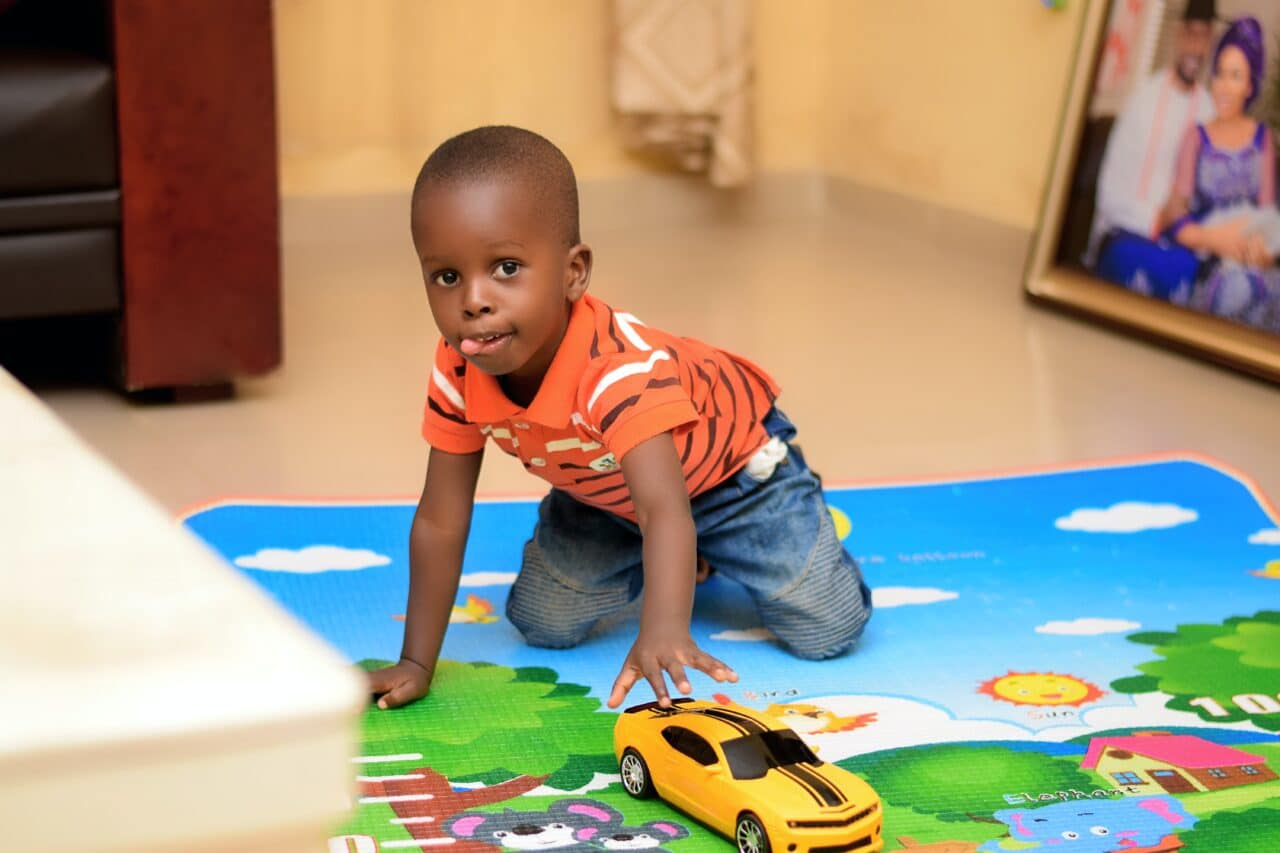As a parent, you want to make sure your child is always experiencing the best care, whether at home or in a school or daycare setting. If you have a young child with severe hearing loss, you may be worried that daycare facilities won’t be able to adequately meet your child’s needs.
Let’s examine what legal protections exist for children with severe hearing loss, as well as tips to make daycare settings more accommodating.
Required Reasonable Accommodations for Children With Hearing Loss

The Americans with Disabilities Act (ADA) ensures that childcare providers must:
- “Provide children and parents with disabilities with an equal opportunity to participate in the childcare center’s programs and services.”
- “Make reasonable modifications to their policies and practices to integrate children, parents, and guardians with disabilities into their programs unless doing so would constitute a fundamental alteration.”
What Does This Look Like?
The types of accommodations for children with severe hearing loss can vary a bit depending on individual needs and preferences. While not an exhaustive list, daycare providers should focus on the following to help children with hearing loss feel included in their environment.
- Minimize distracting sounds. This can be done in several ways. Make sure to close windows and other doors to the room to avoid outside noise. Turn off any music when you need a child’s full attention and try to choose a quiet place in the room for any activities that require a child with hearing loss to listen and communicate. You can also use carpets, drapes, rugs and pillows to help absorb excess sound.
- Practice good communication strategies. When talking to a child with hearing loss, make eye contact before you start speaking. Try to always face them and avoid covering your mouth when talking as well. Using visual cues can also be helpful when conveying important information about activities.
- Include non-verbal activities. Things like artwork, playing with blocks or putting together puzzles are enjoyable and stimulating activities that require little demands when it comes to language and communication.
- Repeat stories and songs to increase language skills. Reading the same stories or singing the same songs encourages children to repeat refrains and certain lines. This can improve confidence and facilitate language development in those with pediatric hearing loss.
Concerned About Your Child’s Hearing?
The most important thing you can do if your child has hearing loss is to get their condition diagnosed and treated as quickly as possible. Pediatric hearing aids and cochlear implants are two tools that can significantly improve your child’s understanding of sounds.
While severe hearing loss is easier to detect, more moderate and mild cases can go undiagnosed for years. If your child seems as though they are struggling to hear, whether at the dinner table, school or out playing at Idylwood Beach Park, call the experts at Evergreen Speech and Hearing Clinic and schedule an appointment for an evaluation today.